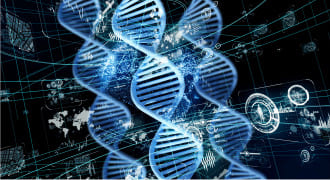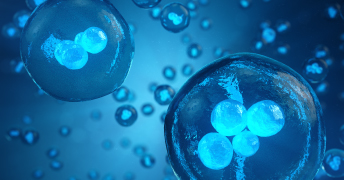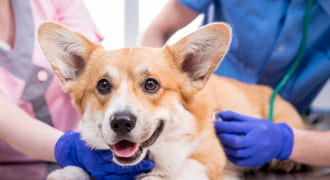TECHNOLOGY

 Various regenerative medicine
Various regenerative medicine
expands from iPS Cells
iPS cells are pluripotent stem cells capable of differentiating into various cell types. We establish standardized animal iPS cells as the starting material (master cells) and provide therapeutic technologies in various disease fields from these cells to save as many lives as possible.
First, we will induce the differentiation of canine mesenchymal stem cells (MSCs) from canine iPS cells to prove their efficacy in the treatment of various diseases such as systemic inflammatory diseases, autoimmune diseases, spinal cord injuries etc., then proceed with development in order to obtain manufacturing and marketing approval as "regenerative medicine products for veterinary use" from the Ministry of Agriculture, Forestry and Fisheries.

Canine iPS Cell Patent(PCT/JP2020/016924)Joint application
by Keio University
&Nihon University










 Induction was difficult
Induction was difficult

